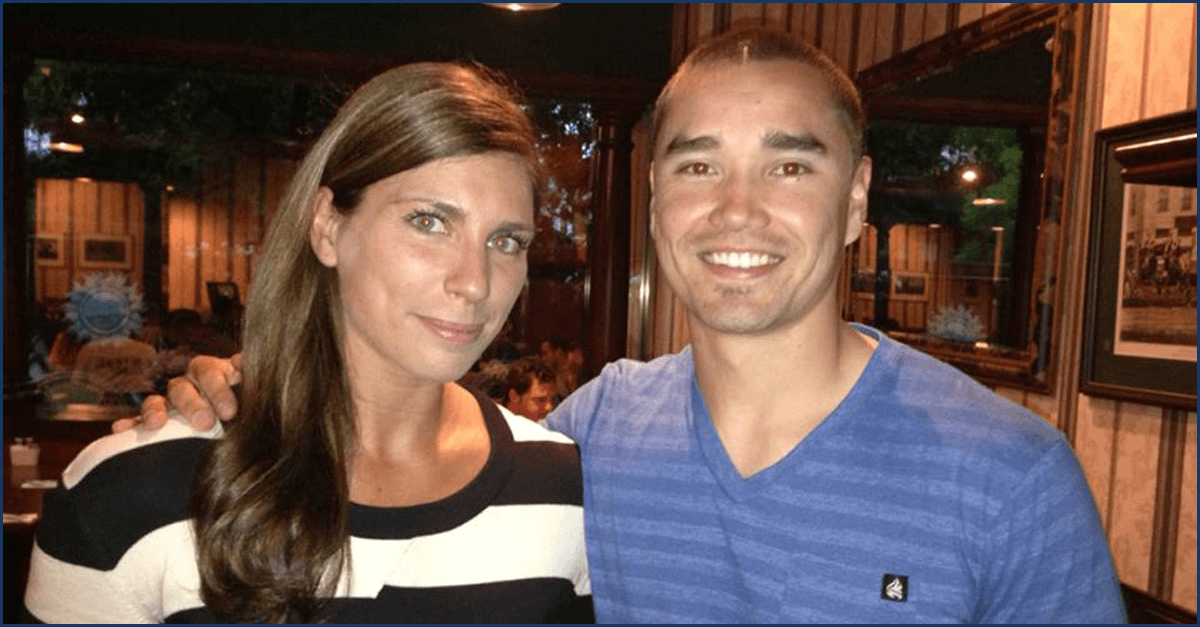Every fitness venture has a different take on how to generate leads, how to convert leads into paying clients, and how to retain them. From my experience, there's one common denominator in every system: we're asking all the wrong questions.
Some systems teach new personal trainer sales by telling the trainer to deliver high caliber taster sessions to then convert them into regular clients. This is great for a certain type of personality but not so great for the majority.
Others teach trainers to just do consultations and ask questions without giving the client an opportunity to physically experience the product before they commit. For the kinesthetic learner (learns through doing), this isn't going to sell someone who isn't 100% convinced that they want a personal trainer.
In my opinion, you should mix the two, even if it means making the consultation/initial session a little longer. You also need to cater to all four learning styles: read/write, visual, audio, and kinesthetic.
When it comes to getting quality answers from clients we have to ask quality questions. A consultation should be thorough but direct and to the point as it easy to go off on a tangent about stuff that isn't important. I believe that all consultations should ask the following eight base trigger questions that are designed to trigger the appropriate emotional responses in your clients and they are:
- Why are these goals important to you?
- On a scale of 1-10, how emotional compelling are your goals to you?
- Let's go six months into the future, take 30 seconds to think about this and when you are done I want you to describe to me how you are going to look and feel when you have achieved your goals.
- Tell me what it would feel like if you didn't achieve your goals?
- How does this correlate with how you feel now?
- How far away are you from your goals in your own mind?
- What would a perfect training session look and feel like to you?
- What are your barriers to you achieving your goals?
The idea of these questions is to create self-awareness. I read a recent article about clients not listening to trainers who have written programs, diet plans, etc., and the trainers venting their frustration.
This is the problem in itself -- we give our clients our solutions to their problems when really we should be fishing their own solutions out of them and then refining them to make them better.
What would happen if you stopped telling your clients what to do and instead asked great questions that they can come up with the answers to? Remember, you aren't the client and you don't know the ins and outs of their lifestyles or how they process their decision-making. All you can do is positively influence by creating the environment for their success to happen whilst being a catalyst to this success when it does.
The clients have the answers within them and they just have to unlock them. It's almost like carrying around a big treasure chest of gold with you all day but not knowing how to open it -- instead of giving them more to carry, help them find the key to unlock their potential instead.
This also means the client is accountable and not the trainer because it's not your solution - it's theirs and they agreed to it subconsciously when giving you the answer. They then can't hold you responsible for failure or success and you need to remain indifferent and unattached to the credit. Trainers shouldn't take the credit for their clients work unless the client willingly gives it to them. You can ask the following expansive questions that challenge the client to think:
- If the same scenario were to happen again, knowing what you know now what could you do differently?
- How could you look at that in a more positive way?
- Feedback to me what you've just said in no less than three sentences
- What would happen if you looked at it from this point of view?
- What can you put in place next time to prevent the same outcome from happening again?
- We get what we focus on in life so instead of telling me what you don't want, try to reframe your goals towards something that you want and write it down and read it out loud.
Consultations and initial meetings are adaptable and you need to learn how to read your clients within the first moments of meeting them. Some people need to be sat down and purely opened up, others you can ask less or more questions throughout the session at appropriate times depending on their personality, and others you can probably just train them. Every person is different and not one size fits all so you have to have a system that is adaptable to all kind of people from all backgrounds.

Another aspect that most trainers are unaware of is compliance. The more you get a client actively involved in something, the more you'll open up barriers to making a sale and obtaining key information. This can be as simple as getting them to fill in part of their consultation on paper, getting them to do mini written tasks to explain your strategy, taking them to the interactive board to fill in their personal details, getting them to put weights away whilst you are setting up the next piece of kit for them or asking you to pass them the barbell clip and assist you moving an Olympic bar.
The more you get someone and comply to do what you ask, the more receptive they are to your service as a whole. I've found that if you get a client to say yes and nod their head fifteen times in the space of three minutes you'll get them as a client 99% of the time because it's hard for someone to say no once they have just nodded so much in a short space of time. Think about it, how many people say no and nod their head together?
Opening someone up successfully is a difficult feat to attain and is going to take hours of practice. The best way from my experience to open someone up is to use the following hooks:
- "Please elaborate for me on what you've just said"
- "Tell me more about that so I can gain a deeper understanding"
- "I'm just curious to find out more about the details"
- "Tell me more about your experience:
- "It would be really useful if you could specify a little more as to what you mean"
Notice how these aren't questions but rather open statements, which leave the door open for the client to elaborate. The idea is that you should only direct the nature of the conversation and they should do 80% of the talking.
Any more than this on your part is unnatural and dictating in nature and the client will feel like they're getting lectured and that you're on your high horse.
If you are worth your salt you'll then create a kick ass taster session feeding back the information given to you and how the exercises are relevant to your clients wants and needs. If you can master these skills you'll never have any trouble selling and will find yourself qualifying your clients why you should train them.
This shifts the power, the mindset, and the authority all to the trainer but it mustn't be done in an abusive or manipulative way. At the close, you may find that the client still genuinely can't afford to train right now. But if you plant the seed well enough they'll be emotionally compelled to find the money down the line because it's that important to them, and when something is that important to someone, eventually money starts to appear.
Mastering these techniques will get you the clients that other trainers can't get which will improve your PT uptake score in your gym. You'll also be known as the trainer who "gets it" and doesn't smash out generic programs for people because you make things personal.
If you go into the relationship with your client with the mentality of "how can I get this client to be self-sufficient in four months so he/she doesn't need me," then you'll probably be more successful and the client will be more likely to stay with you.
This may sound counter intuitive but most things are that are worth doing. Give a man a fish and you will feed him for a day, teach a man to fish and you will feed him for a lifetime. That's where the real power in our industry is.










